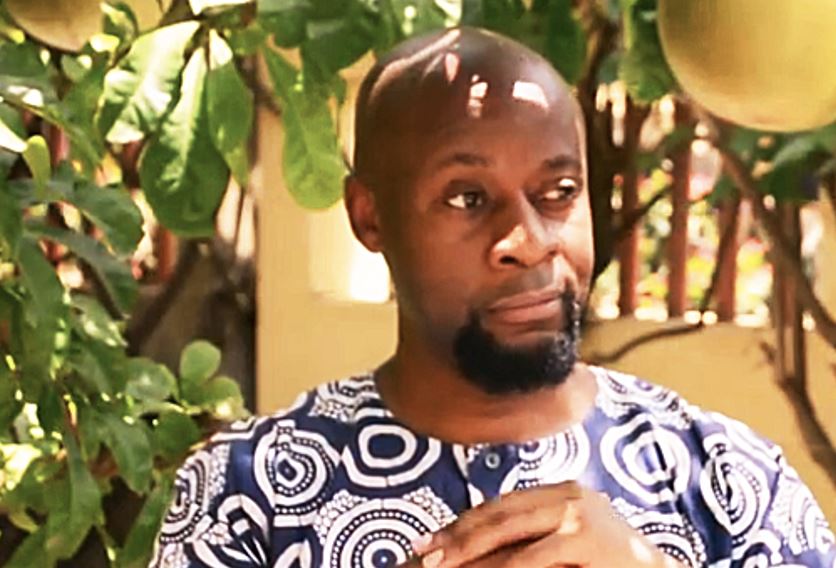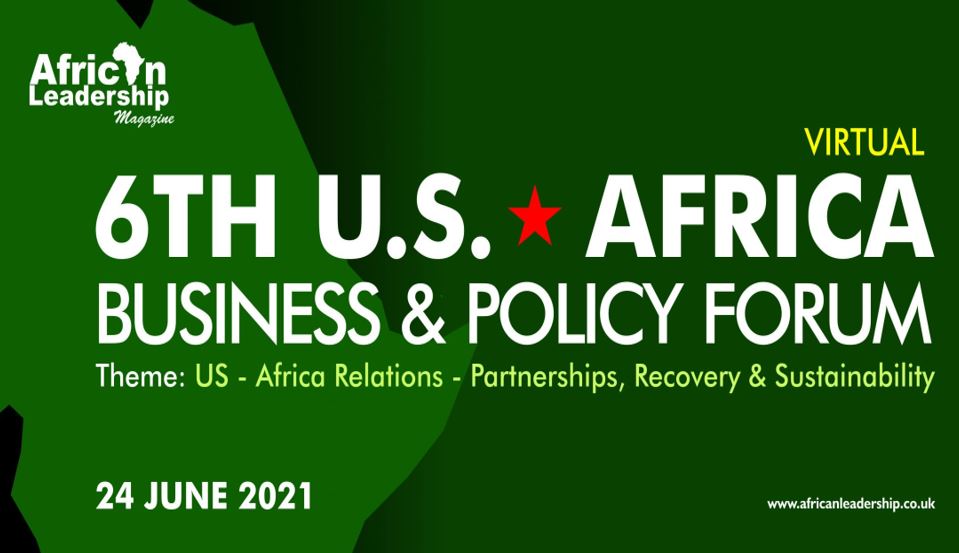By Nwandi Lawson
Much of the discussion about Africa’s relationship with international business partners focus on European governments, companies and entrepreneurs. Yet there are other African international business relationships that may be overlooked because the scale of these transactions is smaller. African entrepreneurs and their African American counterparts have a history of doing business between the U.S. and Africa that is present in many sectors, including textile and design, technology, and food processing. The stories of three independent business owners help to bring this legacy into focus.
***
Ayodele Kinchen says she began conceiving of herself as an African businesswoman when she started earning money to buy her own clothes by braiding older women’s hair. “What I didn’t realize I was learning at the time because I started at 10 and I was a full-fledged hair braider at 11-and-a-half, was the mentoring I was receiving just by listening, you know, to their stories, to their life, to their journey, to their advice,” Kinchen recalls of her early clients. “Really, that was my first experience as an entrepreneur and after that, I knew I wanted to own my own business one day.”
As a young girl, she did not realize that she was sowing seeds for a brand that would become Oakland, California-based Duafe Designs. Little did she know that her family’s commitment to honouring its African ancestry would enable her to bring together African American and Ghanaian artists and entrepreneurs who would maintain transatlantic ties through a global pandemic. It all started in a place that is known locally as Nairobi Village. Wedged between two more affluent areas south of San Francisco, the tiny hamlet of East Palo Alto (EPA), California has traditionally been home to Blacks who came from southern states at the end of World War II. These migrants were drawn by low housing costs and the absence of restrictive covenants, which prevented Blacks from residing in certain areas. Although EPA is over 15,000 kilometres from Kenya, residents made an unsuccessful effort in 1968 to incorporate and legally rename the town Nairobi. Nevertheless, when Ayodele was growing up in the 1980s, the older folks still called it Nairobi Village, and they remained focused on making sure that Black children were taught African American and African history along with dance, culture and languages like Swahili and Yoruba.
After studying business at Howard University, Kinchen first worked for companies and non-profits before combining her entrepreneurial spirit and her Afrocentric background in 2004 to start a business that produced handbags made from African fabrics and later found its niche producing a uniquely African women’s adornment, waist beads. For centuries, waist beads have been worn throughout Africa to signify the transition to womanhood, fertility, and honour for mothers.
When excavation for a construction project in Manhattan in 1991 unearthed the graves of African people buried there during American enslavement in the 17th and 18th centuries, anthropologists discovered that the people were often buried with tokens of their African heritage, including waist beads. “A lot of beads would literally outlive the human. And so we find them as fossils and artefacts.” Kinchen adds. “The people are gone, but their beads still remain.”
In The History of Black Business in America, historian Juliet E.K. Walker points out that certain historic prejudices have reduced opportunities for more prolific business relations between African nations and Black Americans. “In West Africa,” she notes, “some black American businesspeople often found that decolonized nations were more comfortable dealing with their former colonial masters in business than with Americans, white or black.”
A 2019 family trip to Ghana turned into an opportunity for Kinchen to link up with West African business partners. When she asked a businessman to introduce her to local women who make waistbeads, she also gained a broker partner who aids her to import beads, artwork, and fashion from Ghana. And when a global pandemic took hold in 2020, this source remained stable. “Although the borders were closed for a while, the business had shut down, there was still the ability to send items via U.S. mail. So if you did not have a connection to export your stuff out of the country, you weren’t getting much business because there was no tourism [in Ghana].”
From her Northern California studio, Kinchen says the demand for waist beads continues to far surpass what she and a team of artisans can produce, especially since many women request unique colours and patterns. At a time when the #metoo movement is drawing attention to the need to respect women’s bodies, Kinchen says waist beads can serve as a symbol of this honour. “I use those elements to educate women in this day and time, especially in this social arena where a woman’s body is oftentimes picked apart or on display or disrespected.”
Two months before the pandemic closed area businesses, Kinchen opened a new showroom in downtown Oakland. She looks forward to hosting a grand opening this summer.
***
Even during a global pandemic, Americans are receiving invitations to online conferences that promote opportunities to do business in Africa across the import-export, energy, agriculture or technology sectors. However, businesses on both sides of the Atlantic report that inconsistent policies have led to a decline in trade between the U.S. and Africa. According to the U.S. Department of Commerce, the volume of U.S. exports to Africa dropped from $38 billion in 2014 to $22 billion in 2020.
The adoption in the U.S. of the African Growth and Opportunity Act (AGOA) in 2000 was hailed by its supporters as an opportunity to open more avenues for trade with sub-Saharan African nations, especially by permitting the duty-free import of textiles and other designated goods. By 2007, the volume of U.S. imports from Africa had reached a historic high point valued at over $113 billion. In the years since, however, this trade value has declined to about $23 billion.
One challenge for participating AGOA nations is that U.S. presidents have the discretion to determine each year which African countries may take part, and this can be subject to the political climate in the U.S. as well as perceptions about peace, corruption, and governance in Africa. There is no mechanism to allow an African nation to request that its status be reinstated. In recent years, Guinea, Madagascar, Niger, Cameroon, and Burundi have lost AGOA status, though eligibility has been restored in Guinea and Niger.
Motivated in part by these conditions, Eric Kaigama is working to facilitate collaboration among tech professionals in the U.S., Suriname, Brazil, and the nations of Africa. “We are a pan-African organization,” Kaigama says of the Africa Chamber of Digital Commerce (ACofDC) which he founded two years ago. “There are a lot of things that connect us. It’s more than the DNA. Unfortunately, in most of the countries that Africans settled in, they were brought in forcefully. They do not participate in the local economy. So there’s a financial exclusion and also the access to capital is not there.”
The organization is currently working to address unemployment in its focus nations by establishing training programs for African and South American workers who can be employed remotely by companies in the U.S., U.K. and Canada. Kaigama says in as little as three months a low-skill worker can qualify to provide remote, no code technology services to overseas companies. The organization also provides micro venture No Strings Attached (NSA) financing for tech startups in rural areas.
In the days before a guilty verdict was brought against police officer Derick Chauvin for the murder of George Floyd, Kaigama was also reflecting on the path that led him from Nigeria to Minneapolis where he has launched several companies and the ACofDC. After participating in a basketball tournament in Spain, he earned an athletic scholarship to Bethany Lutheran College, a small school in Minnesota. The offers to larger schools, he says, went to bigger players.
“If you’re 6’10”, 6’11”, the coaches don’t really care, they just want to polish the kid up and get him over there,” Kaigama says. “But if you’re roughly 6-feet, like me, you have to really prove yourself to get their attention.”
About 40,000 African students are studying in the U.S. with the largest share coming from Nigeria. According to Lapido Lawani, “Pretty much in Nigeria, the expectation is that if you can afford it, you will typically try to go to school abroad. My mom had already wanted us, you know, to go abroad” When the founder and CEO of L & L Foods came to the U.S. at age 16 to study at Knox College in Tennessee, he brought with him dreams from his childhood in Nigeria. Lawani says he was a boy when he began considering how his homeland could improve with better infrastructure and access to technology. He read about American business magnates like John D. Rockefeller and Andrew Carnegie and imagined that he could also become a large-scale industrialist.
By his second year in college, Lawani had started a non-profit to mentor young entrepreneurs. He was able to coach 2,000 young people through the program, but he acknowledges that he still had a lot to learn. Between 2006 and 2015, he tried his hand at many businesses from selling antiques to importing jeans. Finally, he says, he had to think systematically about what he was doing wrong.
“I had a light bulb moment,” he remembers. “The Nigerian market is fragmented. We produce cocoa, sell it overseas, and then buy back a chocolate bar.”
While earning his MBA at Columbia University, Lawani realized that if he wanted to contribute to the future of Nigeria, he could not compete in some of the more mature sectors, like petroleum. He identified a challenge he wanted to tackle: How could Nigeria add value to raw materials instead of shipping them abroad for processing? He conducted a simple experiment in his mother’s kitchen with roasting peanuts and adding a candy coating. Within hours, the first batches were sold out. He realized that his next challenge would be scale.
“If I was in the U.S., I would probably not even do my own manufacturing,” he says. “I would have a contract manufacturer, but because there is no contract manufacturer, I then have to figure out how to build the capacity myself. However, when you say you want to raise a few million dollars to build infrastructure in Africa, it’s a more complicated conversation.”
Instead, Lawani collected about $4,000 from friends and family to launch L & L Foods while he was still a graduate student. His startup took the top spot at the Columbia Business School Shark Tank competition in 2016, and the following year the company won the Nigerian Economic Summit startup competition, enabling him to raise an additional $60,000 in capital to open a factory in Lagos.
Currently, the company is selling about 1.5 million packs of Mr. Ekpa brand flavoured peanuts each month through a network of Nigerian distributors, and Lawani was among the 2018 Forbes Africa “30 under 30”. Still, he acknowledges that the company has a lot of room to grow and he is counting on the critical thinking skills he strengthened while a student in the U.S. to help L & L Foods continue to expand.
###


